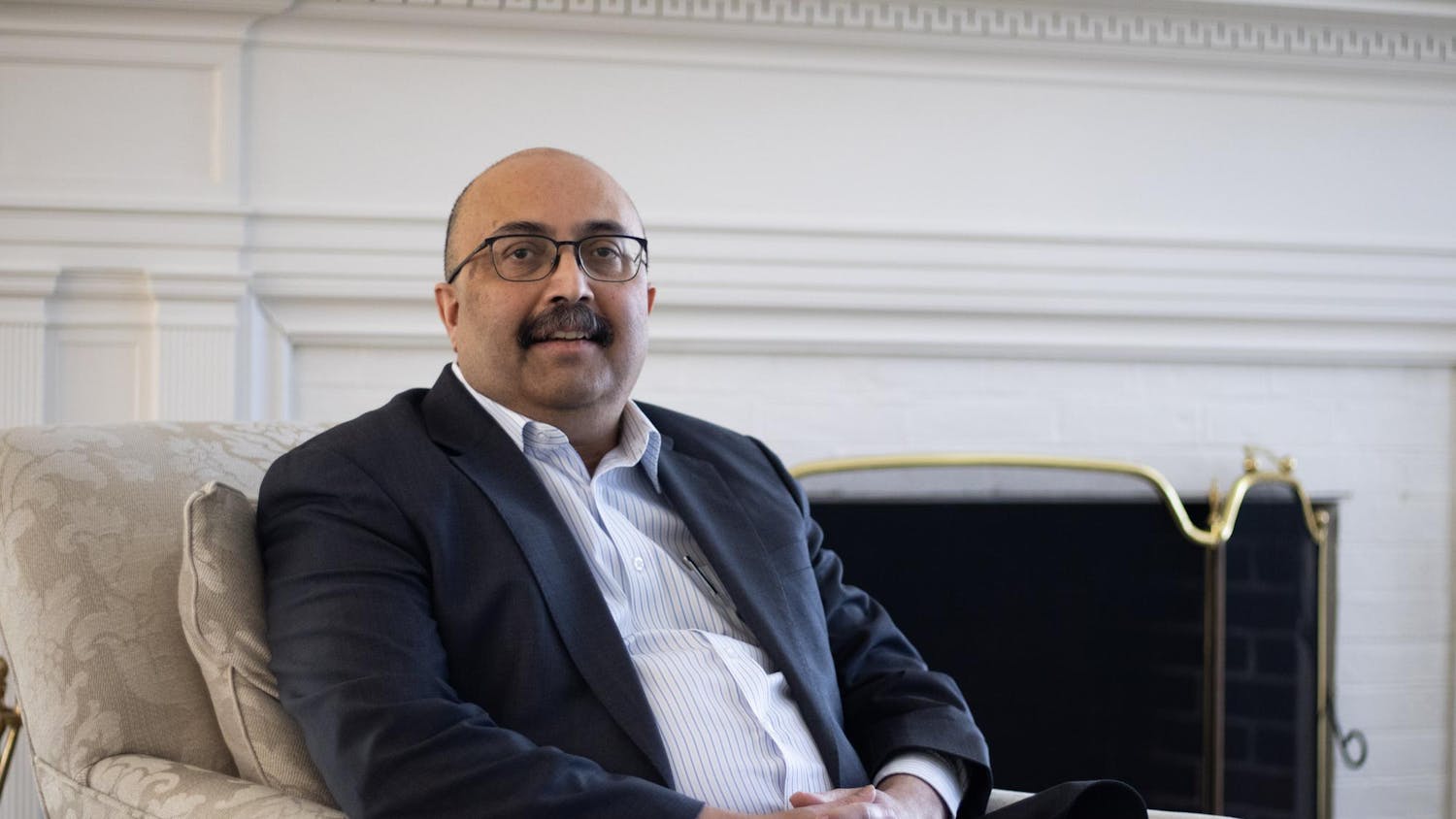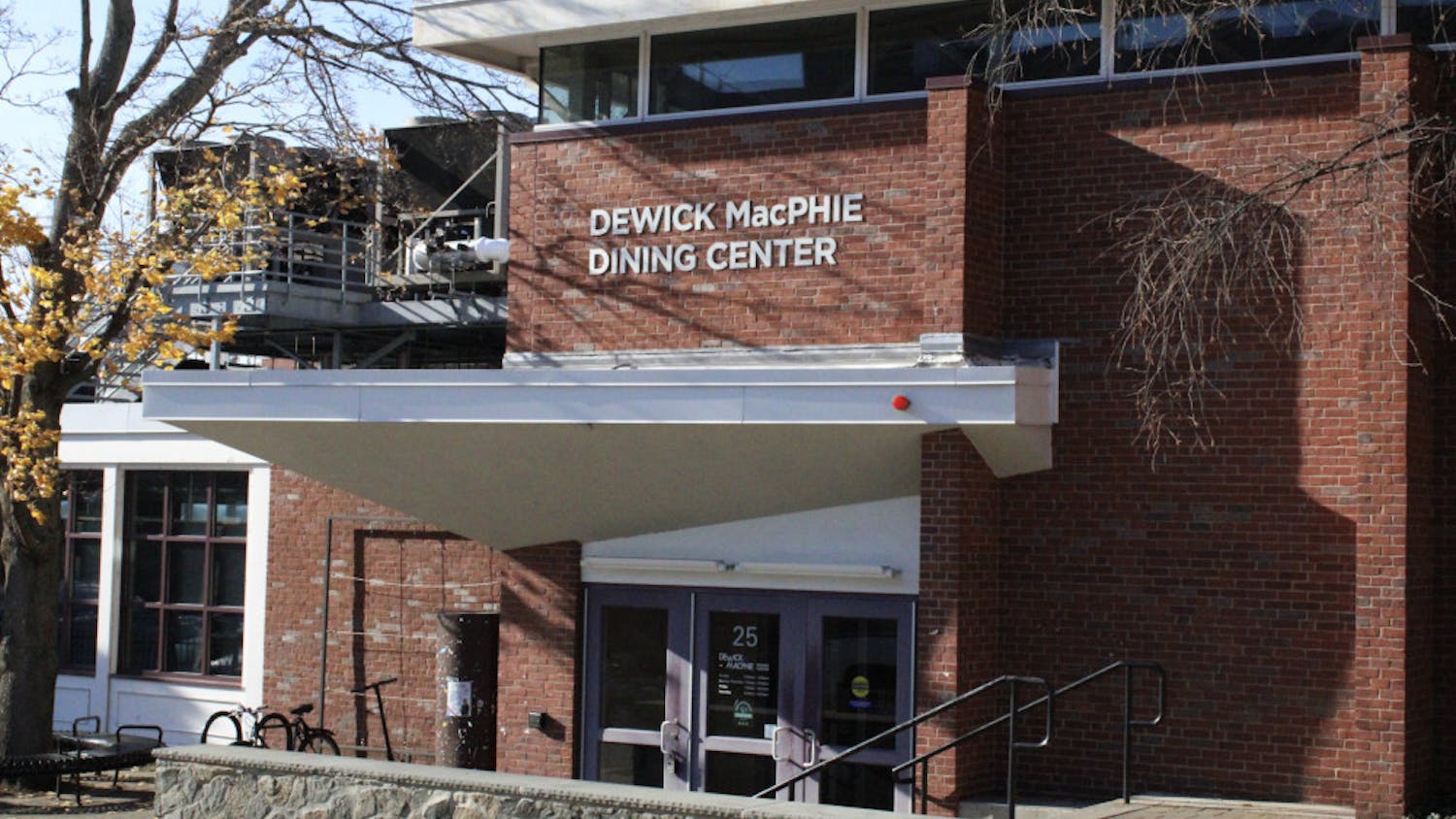Editor’s note: Teagan Mustone is a contributing writer at the Daily. Mustone was not involved in the writing or editing of this article.
For the first time, applicants to the Tufts Class of 2028 were given the option to be considered for the Tufts Civic Semester in their Tufts undergraduate applications. The Civic Semester, coordinated by Tisch College and student travel program organization Where There Be Dragons, gives newly admitted students the opportunity to engage in internships with civic organizations and to immerse themselves in local communities abroad, through excursions and living with host families.
“More than 800 first-year applicants confirmed their intent to be considered for Fall 2024 entry through the Civic Semester,” Alison Berryman, director of undergraduate admissions, wrote in an email to the Daily.
“Civic Semester applicants complete all of the usual components of an application for admission to the School of Arts & Sciences,” Berryman wrote. “Applicants are also required to submit a supplemental form, which includes a program agreement clause, an opportunity to identify a preferred program location, and an additional essay question.”
Compared to years past, the new Civic Semester application process is more straightforward and potentially more suited to the average Tufts applicant, according to Jennifer McAndrew, Tisch College director of communications, strategy and planning.
“In previous years, the way [the Civic Semester application] worked was that folks could indicate an interest in the program on their Tufts application either ED1, ED2 or regular decision, but they did not apply to Civic Semester until they were admitted to Tufts,” McAndrew said. “By incorporating that application a little bit earlier, [we are] doing a service both to the potentially interested students and to the program by giving everyone more time to get exposure to the program, to apply when they’re applying to Tufts and to think about it a little bit sooner in the process.”
The choice whether or not to apply for and participate in the Civic Semester after students only just finished the college application process can be an added source of stress during an already demanding time.
“Civic Semester is a significant commitment, both in the summer before matriculation and during the fall semester, and it is not a decision that should be made lightly,” Berryman wrote. “By integrating the Civic Semester application into the undergraduate admissions process for the University, students are able to think carefully about their interest in Civic Semester as they prepare their overall applications.”
With the addition of the Civic Semester application to the Tufts undergraduate application came a change in who was responsible for evaluating applicants. The role shifted from Tisch College to Tufts Admissions.
“By managing the enrollment process [for the Civic Semester] in tandem with the overall admission process, we can make sure that we are enrolling students who are genuinely excited about the program and carefully manage our enrollment numbers so as not to inadvertently over - or under - enroll,” Berryman wrote.
Given the extremely competitive nature of the Civic Semester, one may expect it to be transformative. The advertising for Civic Semester emphasizes “building a civic identity” and gaining “deep friendships, a stronger sense of self, and a clearer understanding of how they want to have an impact.” However, participants in the previous Civic Semester had mixed feelings about their actual experience in Peru, where the program was situated.
“There are highs and lows,” Elaine Garcia, fall 2023 Civic Semester fellow, said. “There’s people who really liked their internship placements and then people who didn’t really like their homestays. My homestay experience wasn’t the best, I don’t keep in contact with my family … but then I loved my internship placement because it was a really good organization.”
“I felt like I got to experience more of what it feels to be a local in the province,” Tziavi Melendez, another fall 2023 Civic Semester fellow, added. “My family liked to host parties. So there was a lot of parties, and a lot of people would come by and everyone there was super nice, and we would go shopping in the market together. … They would teach me words in Quechua. And they would ask me words. … It was really fun.”
Teagan Mustone, a fall 2023 Civic Semester fellow, described her internship experience working with Indigenous children in a foster home.
“They had people who would come for ‘mission trips’ for like a week at a time. [They would] spend time with the kids, paint a room and then visit Machu Picchu … and then leave. And it was just so, so difficult for me to be associated with that … to know that [the foster kids] are so used to this constant cycle of volunteers and interns who are gonna go do some community service work, put it on their resume and then just leave,” Mustone said.
Melendez also described her disappointment in the superficiality of her experience, including an internship which mainly consisted of busywork, picking dead leaves off of strawberries and printing and reprinting papers.
“I don’t think we really learned from the people as much as they were catering to us in our experience,” Melendez said. “I felt like a lot of what they were doing was putting on a show because we were tourists.”






